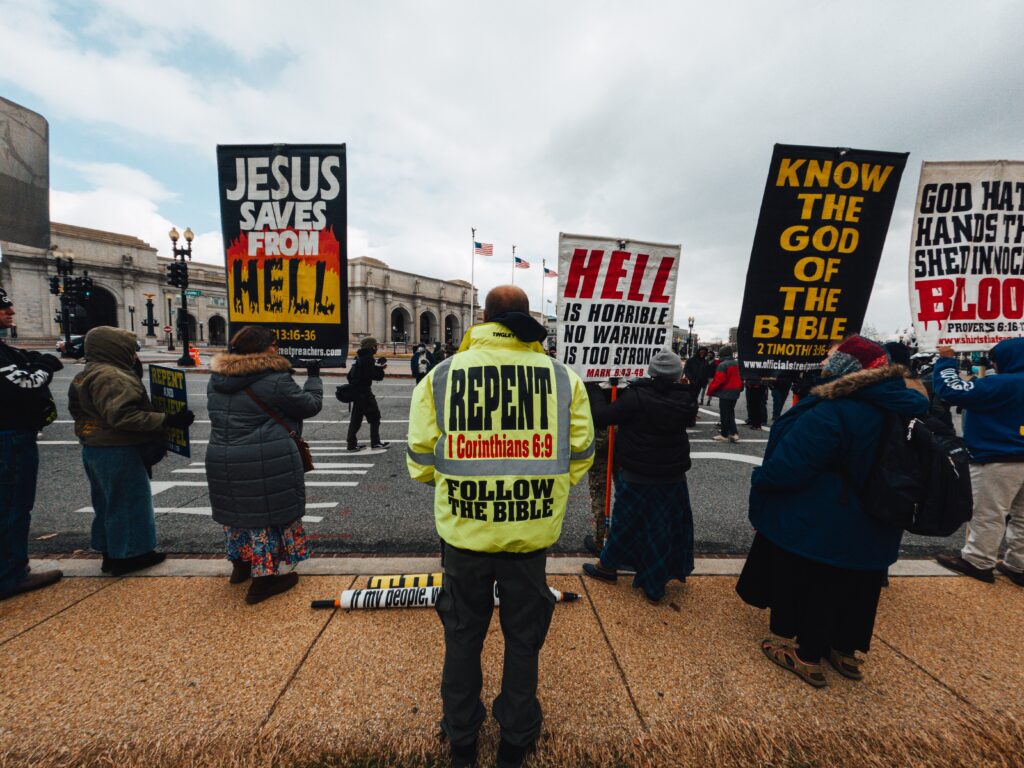
Author: Lindsay Sohn
The leader of the ultra-catholic association Vigilare, Batarelo, believes that Croatia should become a theocracy. This group has expressed strong sentiments against the rights of women and the LGBTQ+ community. Vigilare is connected to the Polish extremist organization Ordo Iuris that played an instrumental role in Poland’s abortion ban. One of Batarelo’s main goals is to ban abortion in Croatia.
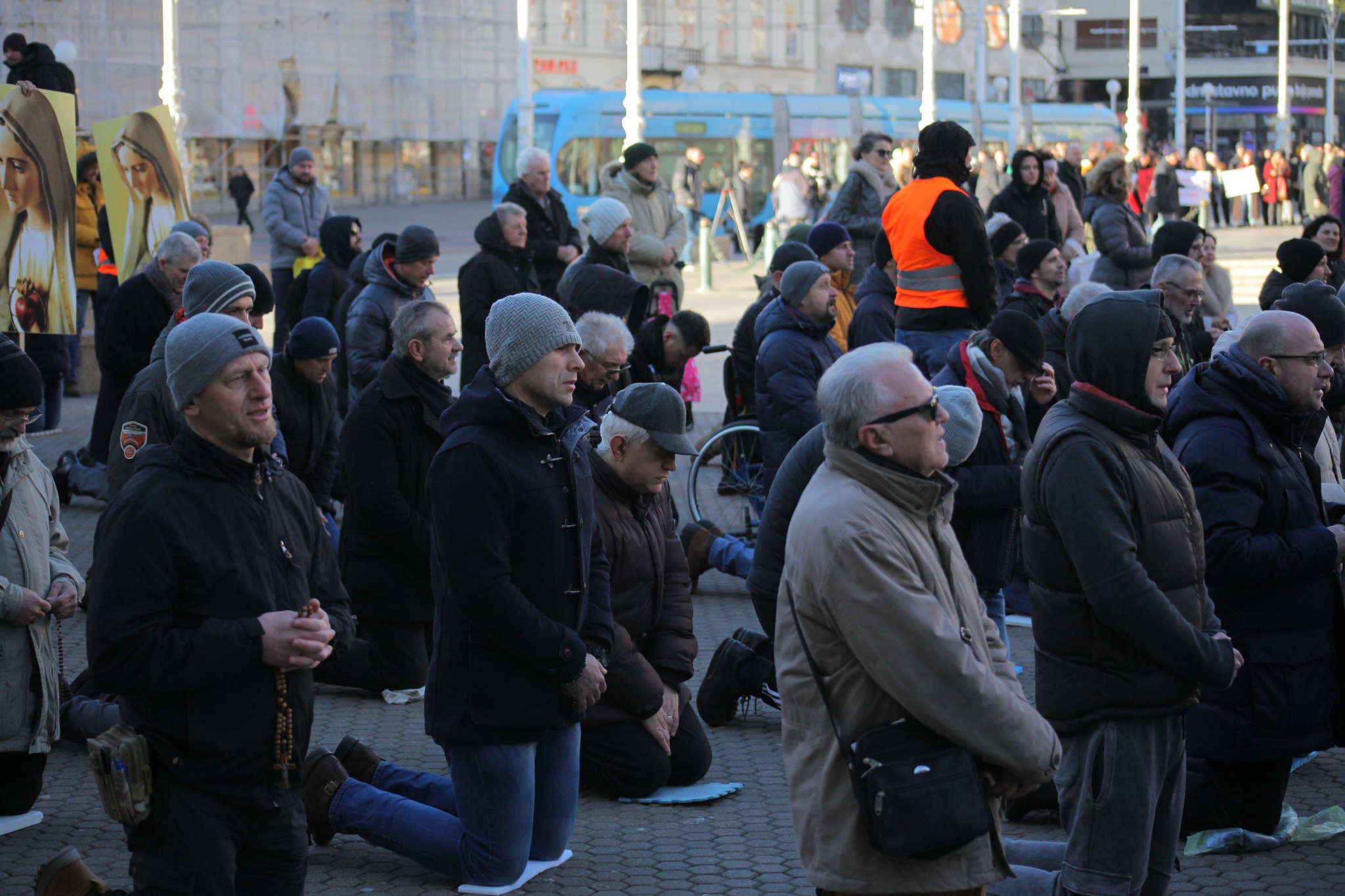
Abortion and reproductive rights are controversial and heavily contested issues throughout the world. There have been significant changes regarding reproductive access and ideologies in recent years. The United States overturned Roe v Wade in June 2022, sparking outrage from pro-choice advocates internationally. Prior to this ruling, abortion was legal in all fifty states, following the 1973 court verdict. The overturning of Roe v Wade raised questions about the progress of women’s rights in America and spoke to other issues, including the institutional barriers for women of color and women of lower socioeconomic status. The 2018 Netflix documentary “Reversing Roe” shows how the federal overturning means that women in some states, often those living in economically advantaged areas, will have access to abortion, while others will not. This further exacerbates existing extreme racial and economic disparities in the United States.
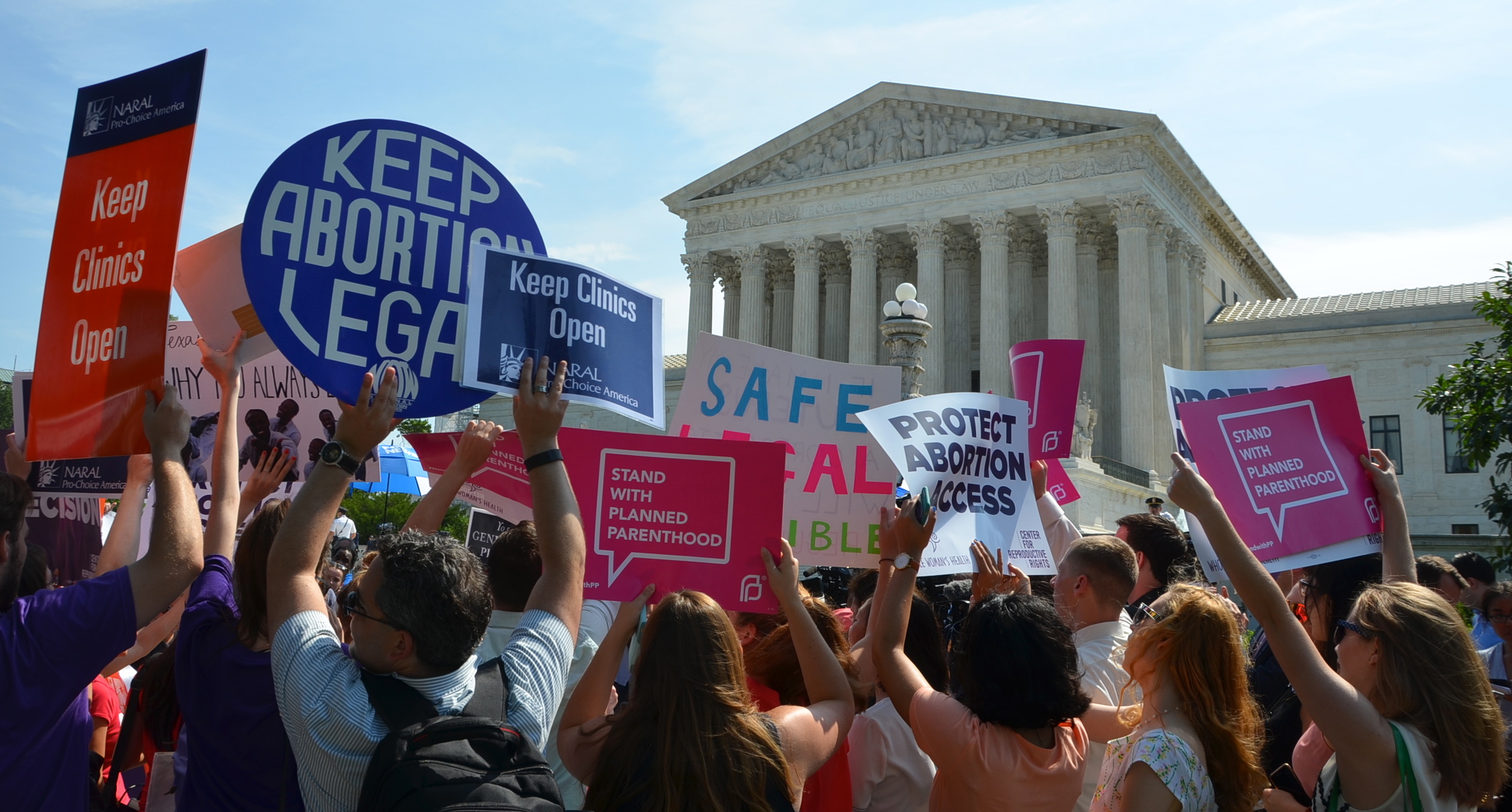
Activists and scholars have questioned this rise of religious extremism in the United States. Many academics have linked increasing religiosity and right wing ideologies to the rise of Trumpism. Trumpism was an especially interesting phenomenon considering that the previous president was the first black president of the United States, a man with relatively liberal views. Barack Obama was the first president to publicly endorse gay marriage and legalized it in 2015. So what changed since Obama’s presidency?
Kristopher Vealasco, whose research focuses on the the global LGBTQ+ movement, proposes that the globalization of liberal norms has resulted in a transnational backlash by illiberal organizations and movements. He proposes that illiberal actors are using frameworks from pro-LGBTQ+ activists and scholars to reframe the issues in a way that fits the illiberal narrative. Examples include positing that LGBTQ+ norms pose threats to the family, religion and the wellbeing of children. Their ultimate goal in this reframing is to weaken the legitimacy of liberal ideologies. Few people, whether liberal or illiberal, will argue against the importance of child wellbeing, making their argument emotionally appealing to anyone who buys into it.
The conservative organization American College of Pediatrics argues that gender ideology is harmful to children, even maintaining that acknowledging transgender identities is a form of child abuse. They also argue that LGBTQ+ norms threaten the very existence of children, since same sex couples cannot reproduce. This idea disregards other possibilities, including adoption, surrogacy and an individual’s freedom to not have a child. In Croatia, Vigilare uses the phrase “protect the children” to justify a campaign that demonizes the adoption of children by same-sex couples.
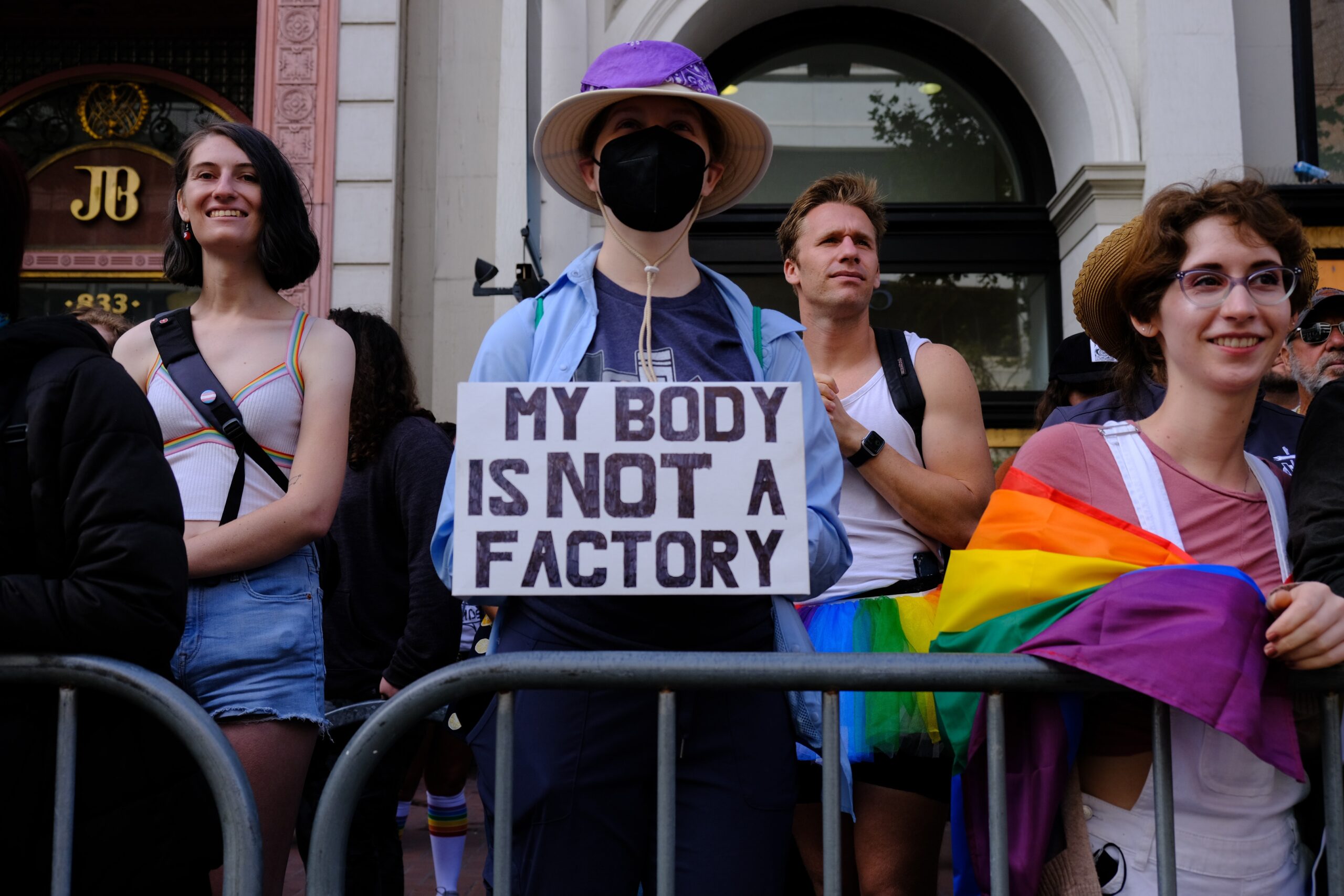
Given the intersections between LGBTQ+ issues, women’s rights, and pro-choice ideologies, it is reasonable to assume that Vealasco’s argument can be applied to these other cases. Batarelo and Vigilare are involved in the Be Manly project, which is proposed to be a reaction to “wokeism” spreading across Europe. Be Manly members believe in a complete ban on abortion, and want women to dress modestly and not engage in premarital sex. It is important to note that abstinence from premarital sex is a traditional and historical Christian value, however, this group only enforces it onto women.
America has also seen a rise in right-wing, religious extremist men’s rights groups. Similar to Vealasco’s argument regarding backlash to global LGBTQ+ advancement, this rise in male organizations can be viewed as a response to the advancement of women over the past few decades. David S. Gutermann proposes that the Christian social movement Promise Keepers was a response to the culture wars involving debates about porn, punishment, sexuality, and crime. Promise Keepers was founded on the notion that men must march towards the ideal of “Christian masculinity”, alluding to the idea that this value had been lost through the culture wars, specifically the sexual revolution.
An interesting aspect of this group’s values is that they regard the social movement as non-political. This idea is a contradiction in itself, as they hold firm stances on political issues such as abortion and homosexuality. Many liberal movements, including the feminist movement, take an opposing stance, maintaining that “the political is personal”. I view this statement as true, since moral values are often connected to political stances and issues. However, perhaps the issue here is that politics is especially personal for the people that are directly impacted by certain political decisions; women, people of color, people of lower socioeconomic status and the LGBTQ+ community, to name a few.
In both America and Croatia, we are seeing a fixation on tradition and history despite years of social, economic and political advancement for historically disadvantaged groups. Academic research points towards the idea that this is a result of backlash to the advancement of liberal norms and the increasing freedoms of minority groups, although it goes without saying that there is a long way to go in every region of the world. The rise of illiberal movements based in extremist religion points to the desire of the dominant group to maintain their power, thereby suppressing minorities.
I grew up in a liberal community near San Francisco and remember my first engagement with politics when Obama was elected. I remember my parents watching the news that he had won his first term in 2008 and although I knew nothing about politics and the world in general, I could tell that it was a significant moment.
I remember being at my mom’s best friend’s house, who was married to another woman at the time (California legalized gay marriage in 2013), when news of the nationwide legalization of gay marriage became public in 2015. I remember the joy and excitement of that step towards LGBTQ+ equality, and that moment stuck with me as I grew up and came out as bisexual.
I also remember November 2016 distinctly. I was in a dress rehearsal for a high school performance of “Footloose!” It is interesting to think back on this performance, as much of the subject matter involved religion. I played the preacher’s daughter who rebelled against the church by wearing sexy, red cowboy boots and engaging in sexual behaviors. The religious aspects of this production alluded to values of modesty and conservatism as the premise was that the strict preacher banned all dancing within the small town. However, this rule applied to all genders and arose from genuine fear for children’s safety after an accident, rather than hatred or bigotry.
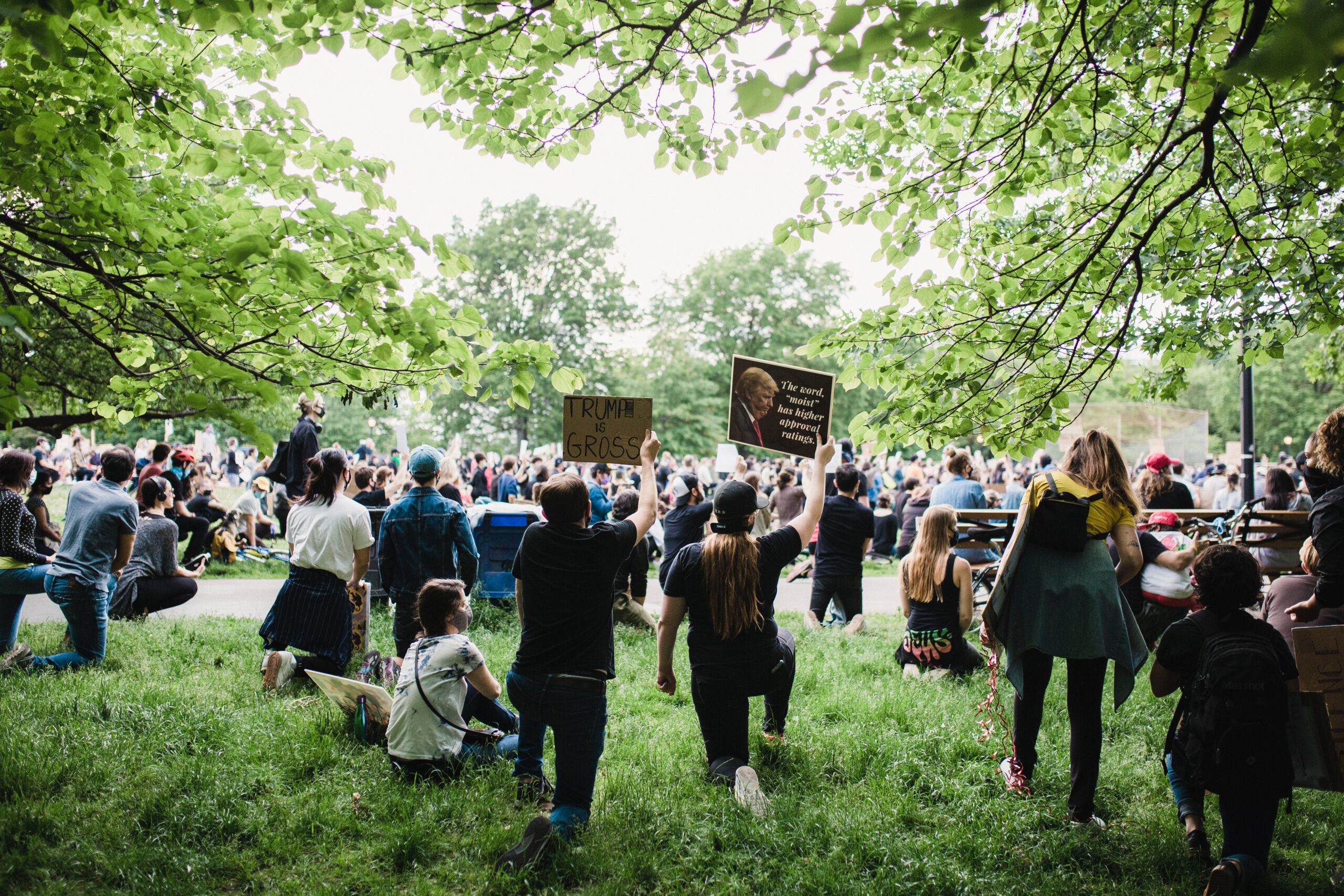
The crew of this production set up a TV screen in the changing room and we checked the status of the presidential election of Hillary Clinton versus Donald Trump in between scenes and song numbers. This was a community of theater lovers, some of whom identified as queer, and most of whom were women. When the news revealed that Trump won, we didn’t know what to say or do. We had to continue our dress rehearsal but an aura of sadness came over the cast and crew.
I think we all hoped that this rise in right-wing ideologies and religious extremism would dissipate throughout the upcoming years. Sadly, those hopes have not been fulfilled. Despite the defeat of Trump by Joe Biden, Trumpism remains strong in America, with additional threats from arguably worse Republican candidates like Ron DeSantis (DeSantis is responsible for many legislative attacks against the transgender community).
My experiences traveling throughout the past few years, including my present experience in Croatia, have shown me that these issues aren’t isolated to America. In my opinion, this fact calls for the continued efforts of human rights organizations, grassroots movements and activists, teachers, academics, and many other actors in working towards equality and genuine compassion for others.
I agree with many of these religious extremist movements on the importance of prioritizing our children. Children are our future and I think that one of the most pressing issues in America is the treatment of educators who are undervalued and underpaid. But religious extremists and right-wing movements are wrong when it comes to the values and norms that are threatening our children. In my view, ideologies that attempt to suppress an individual’s freedom to express themselves, to love who they want, and to control their bodily autonomy is the greatest threat of all.
Sources:
Cover photo:Kelly@Pexels